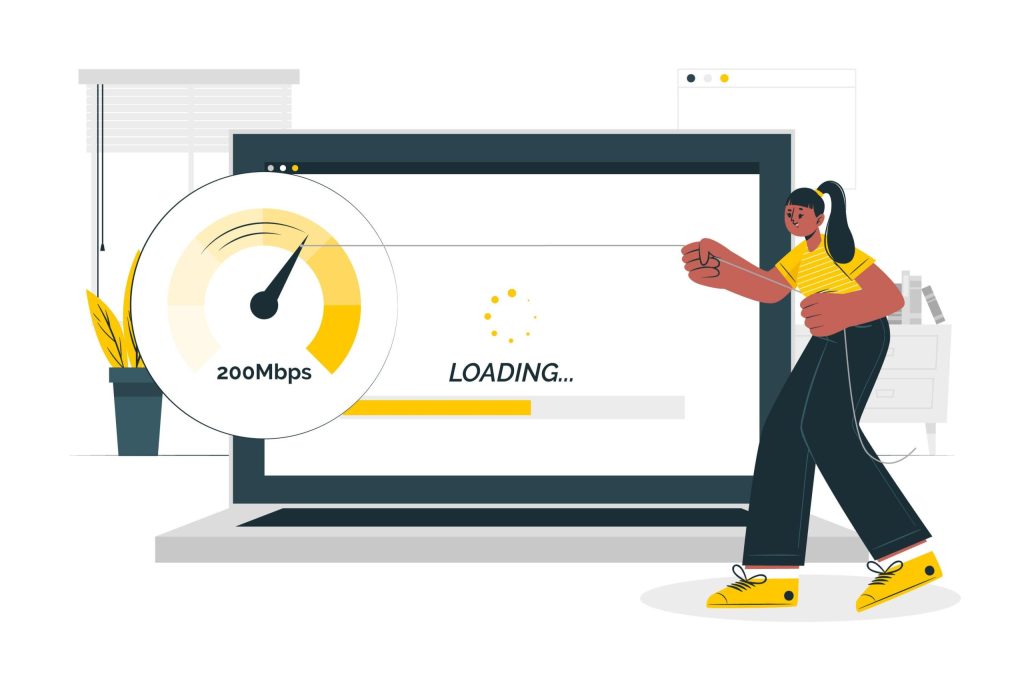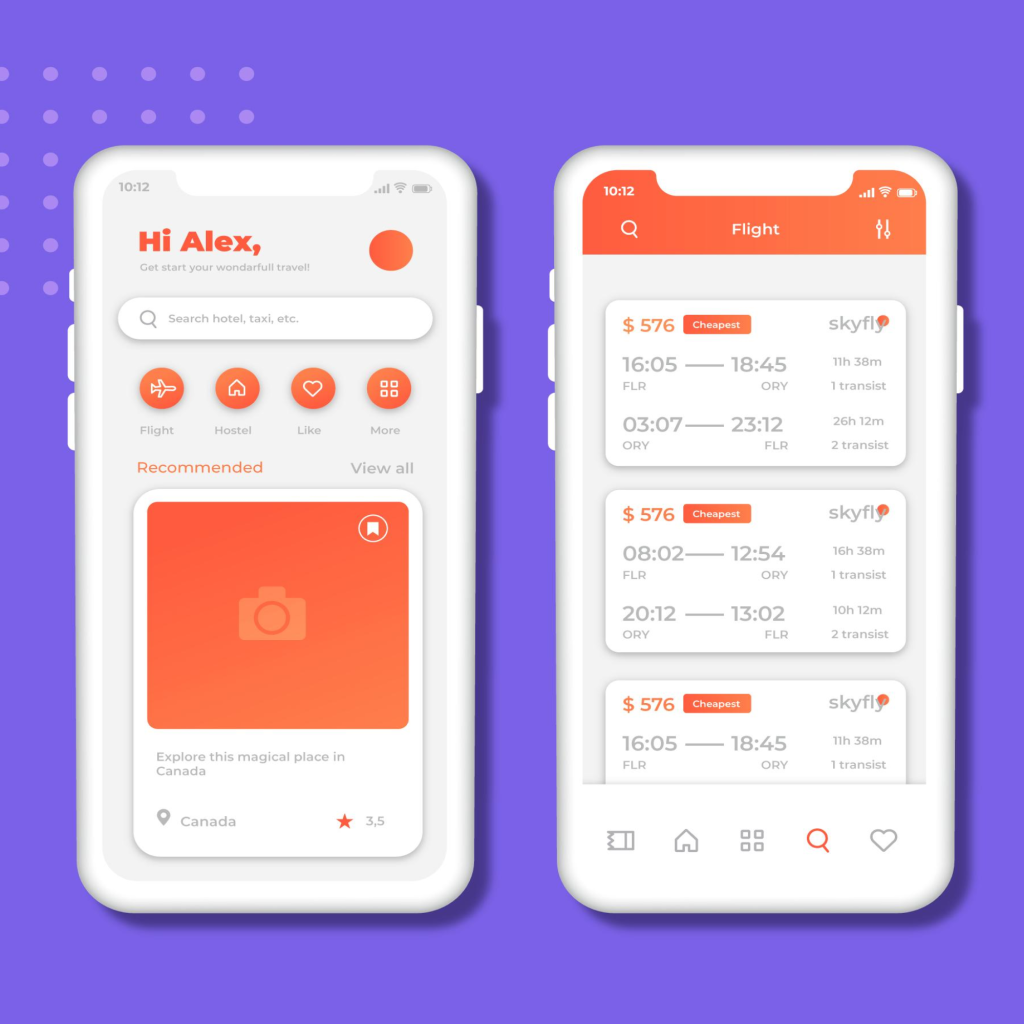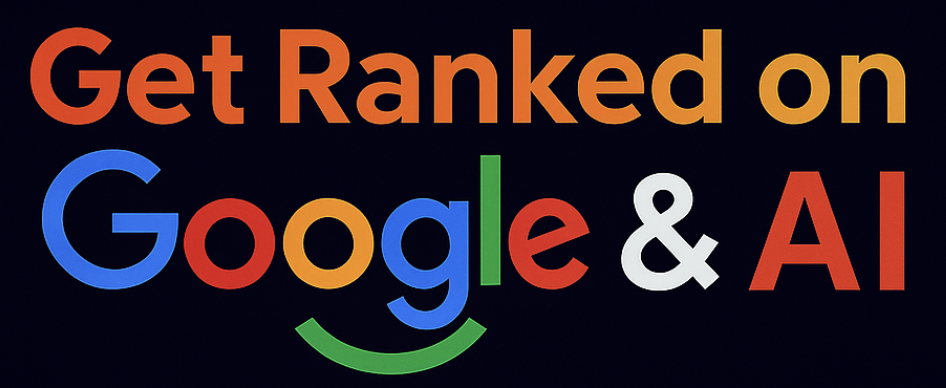Users expect digital experiences to load fast, respond instantly, and feel intuitive. Traditional websites often fall short of these expectations, especially on mobile.
Progressive Web Apps (PWAs) offer a way to close that gap, combining the reach of the web with the usability of mobile apps. They’re lightweight, installable, and built to perform, giving businesses a practical edge in speed, engagement, and flexibility.
Table of Contents
Key Takeaways
- PWAs combine web convenience with native app-like functionality.
- They are fast, installable, and designed to work offline.
- PWAs can be optimised for SEO, improving search visibility and rankings.
- Major brands like Twitter and Starbucks are among the Progressive Web Apps examples.
- Benefits include improved performance, offline access, better engagement, higher conversions, and cost savings.
- PWAs are a future-ready option for businesses looking to modernise their digital platforms efficiently.
What are Progressive Web Apps (PWA)

Progressive Web Apps (PWAs) are web applications developed using standard web technologies like HTML, CSS, and JavaScript, but built to deliver a native app-like experience.
They can be installed directly from the browser, accessed via the home screen, and work seamlessly across devices.
With features like offline access, push notifications, and smooth navigation, PWAs combine the flexibility of the web with the usability of mobile apps, making them ideal for performance-focused businesses.
How Does PWA Work with SEO
Although PWAs offer app-like functionality, they’re still web-based, which means they can be optimised for search engines. Here’s how PWAs align with SEO best practices:
- Delivered over HTTPS, ensuring secure and trustworthy connections.
- Crawlable and indexable like any standard website.
- Use of Web App Manifest enables metadata that supports discoverability.
- Fast loading speeds help improve page experience scores in Google’s algorithm.
- Support for server-side rendering (SSR) enhances visibility and ranking potential.
Planning to strengthen your search visibility beyond technical improvements like PWAs? Discover how SEO services for small businesses can help you attract more traffic and grow sustainably.
Progressive Web Apps Examples
Many leading brands have adopted PWAs to improve performance, reduce load times, and boost user engagement. Below are some notable PWA examples that highlight their real-world impact:
- Twitter Lite: Reduced data usage by over 70% and improved engagement in low-bandwidth regions.
- Starbucks: Offers offline ordering and takes up significantly less storage than the native app.
- Flipkart Lite: Achieved a 70% conversion increase after launching their PWA.
- Pinterest: Cut load time by 40% and boosted time spent by 60% on mobile web.
- Forbes: Delivered a 2x faster experience with push notifications and offline support.
5 Benefits of Implementing Progressive Web Apps (PWAs)
Beyond technical appeal, PWAs deliver practical advantages that directly impact how users interact with your brand. These are the benefits of PWAs:
1. Improved Performance

PWAs are designed to load quickly and run smoothly, even on unstable networks. Key assets are stored locally through service workers and smart caching, reducing the time it takes for pages to render.
This results in faster interactions, lower bounce rates, and a more seamless experience, especially for mobile users where they expect speed without compromise.
2. Offline Access

One of the standout features of PWAs is their ability to function without a constant internet connection. Users can continue browsing, interacting, or completing transactions even during network interruptions by caching content and key functionalities.
This reliability strengthens user trust and keeps engagement consistent even in low-connectivity environments.
3. Enhanced User Engagement

PWAs make it easier to stay connected with users through features like push notifications and home screen access. These interactions feel natural and timely, encouraging repeat visits without relying on app store downloads.
The frictionless access and native-like interface create a more immersive experience that keeps users actively involved with your brand.
4. Better Conversion Rates

PWAs simplify user journeys, reducing friction that often leads to abandoned sessions. Quick loading pages, intuitive navigation, and reliable interactions help visitors smoothly complete their goals.
This seamless experience directly boosts conversions, turning casual browsing sessions into measurable business outcomes.
5. Cost Efficiency

Instead of building and maintaining separate apps for different platforms, PWAs run on a single codebase that works across devices and browsers.
This unified approach reduces development time, lowers maintenance costs, and simplifies updates. Businesses can deliver high-quality user experiences without the overhead of traditional app development.
Conclusion
Progressive Web Apps represent an effective solution for businesses aiming to boost online performance, enhance user satisfaction, and manage costs efficiently.
Their flexible and responsive design merges app-like capabilities with web accessibility, creating seamless user experiences that support sustained digital growth.
Looking to enhance your website’s performance and user experience? Newnormz digital marketing provides tailored web solutions to help your business stand out online. Get in touch for a consultation and see how we can support your digital goals!






